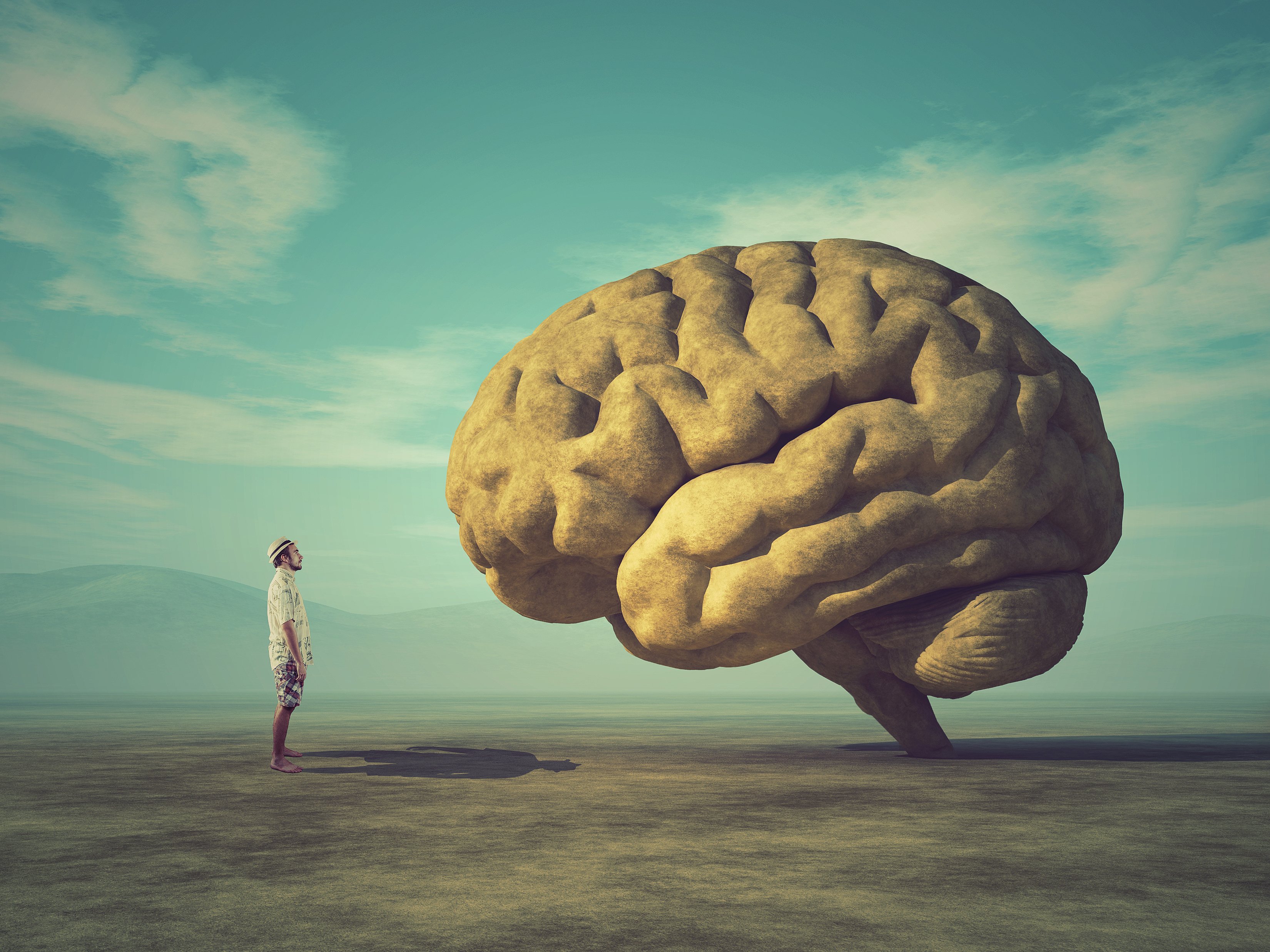Researchers using machine learning at the CSIRO’s Data61 have developed a new technique to tackle one of the biggest issues in mental health – the diagnosis psychiatric disorders.
The breakthrough was announced today in Sydney by neuroscientist Dr Amir Dezfouli at D61+ LIVE, the organisation’s annual science, technology and innovation conference.
The solution developed by Dr Dezfouli and his team involves a computer game offering two choices and tracking responsive behaviour. The resulting data is then analysed using artificial intelligence replicating how humans learn to reveal any issues.
“Currently 69% of bipolar patients are initially misdiagnosed, and around one-third of these patients might remain misdiagnosed for 10 years or more,” he said.
“If we can understand how the brain works, we can develop more accurate processes for diagnosis and more effective treatments for people with mental health disorders.
“Artificial intelligence and deep learning techniques allow us to analyse complex datasets and make accurate models of the brain processes involved in psychiatric disorders.”
The results could allow clinicians to develop more personalised treatment plans based on the diagnosis.
Their research paper, Disentangled behavioral representations, will be present at the world’s largest machine learning conference in Vancouver later this year.
“The strength of the computer game is that unlike traditional mental health assessments, the results can directly reflect the brain processes that are affected due to the disorders, as individuals are responding to stimuli rather than direct questions about their mental state,” Dr Dezfouli.




















Trending
Daily startup news and insights, delivered to your inbox.